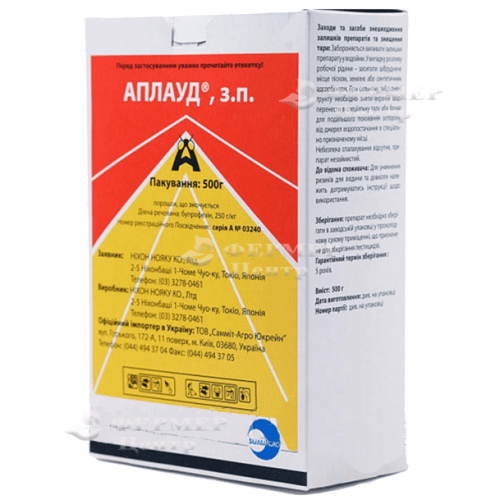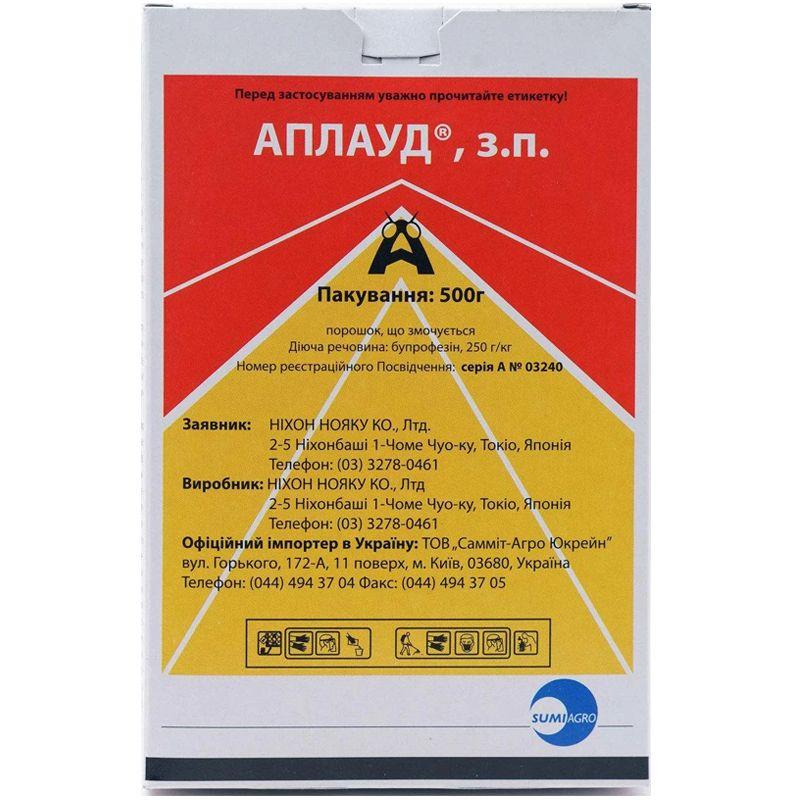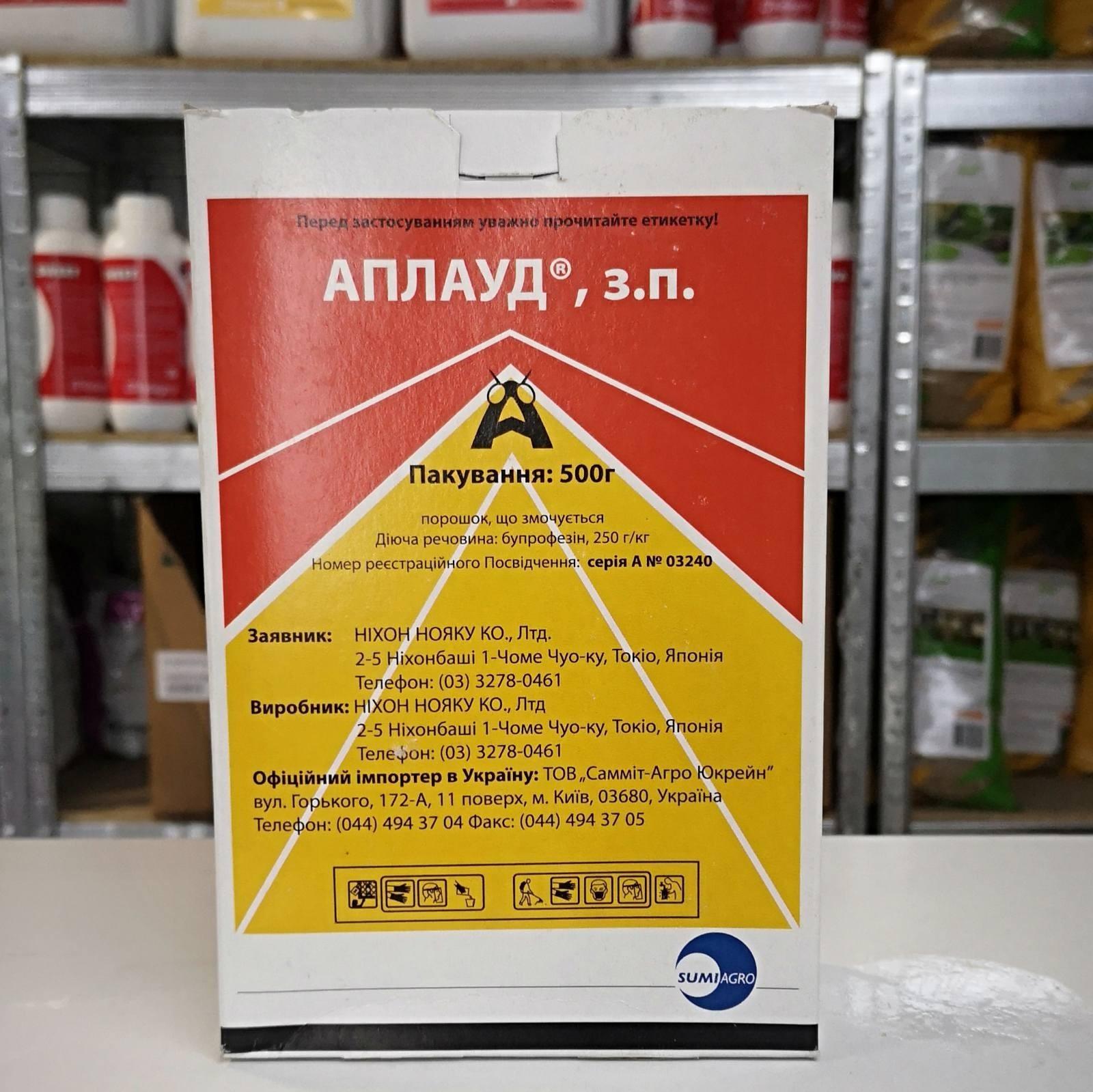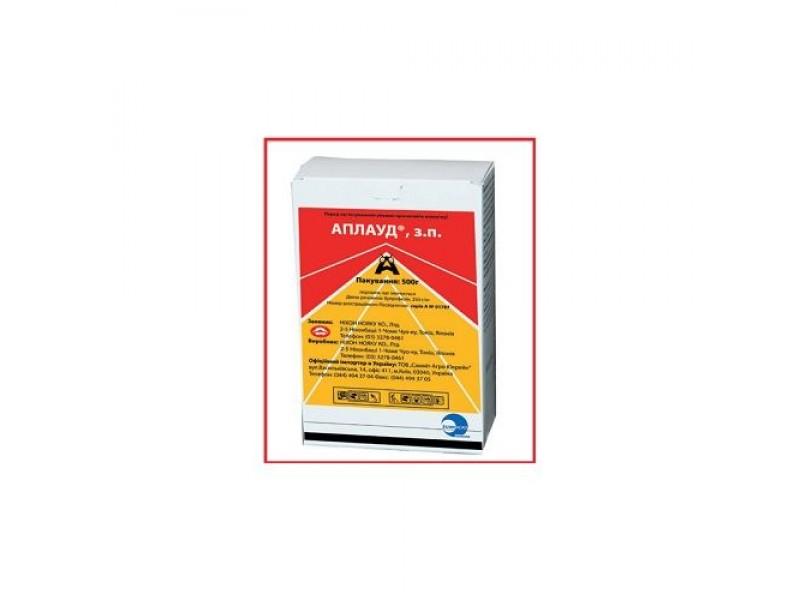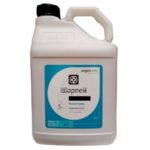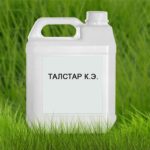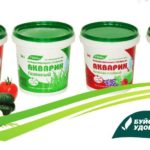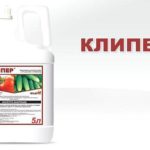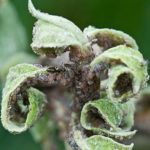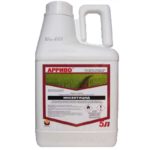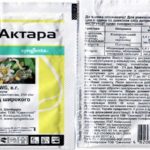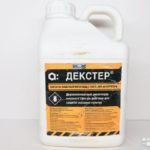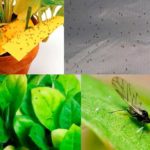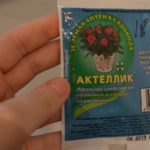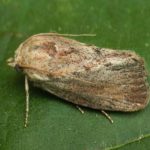Pests of agricultural crops can damage garden crops at different stages of their development. Let's consider the use of Apple for treating tomatoes and cucumbers against whiteflies, the composition and principle of action of the drug, the dosage and consumption of the solution. What safety measures are needed when working with the product, what pesticides can it be combined with, how and where to store the insecticide, preparations with a similar effect.
Composition and release form of a powerful insecticide
"Apploud" is produced by the Japanese company "Nihon Noyaku Co., Ltd." in the form of a wettable powder. The active ingredient of the insecticide is buprofezin in an amount of 250 g per 1 kg. The drug has a contact effect. Packaging – 500 g.
Mechanism and spectrum of action
"Apploud" is an insecticide used against greenhouse whiteflies on cucumber and tomato plants cultivated in greenhouse conditions. It has a long-lasting protective effect (over 25 days) even at high humidity in greenhouses. When treated against whiteflies, it has no toxic effect on natural enemies of the pest, and does not have a phytotoxic effect on tomatoes and cucumbers.
Buprofezin suppresses chitin synthesis in harmful insects and destroys larvae when they go through the molting stage. As a result, the number of the pest in the next generation is significantly reduced; the substance also makes the eggs that females lay unviable.
Dosage and use of Applewood
According to the instructions, this insecticide is used on tomatoes and cucumbers against whiteflies, but in world practice it is used on vegetables, beans, rice, cotton and citrus fruits. The drug can destroy cotton whitefly, leafhoppers, scale insects, and some types of mites.
Spraying of apple orchards against Californian scale insects is carried out in 3 stages: in early spring - during the hatching of the larvae, during the dispersal of the 1st generation larvae and the last time - during the dispersal of the 2nd generation larvae.
Safety in use
"Apploud" is not toxic to warm-blooded animals and humans; for birds, fish and bees, toxicity class 3. The insecticide is not phytotoxic and does not have an inhibitory effect on the treated crops.
To dilute the solution and spray plants in a greenhouse, you only need to wear protective clothing that will cover all exposed areas of the body. Be sure to wear a respirator, plastic goggles and thick rubber gloves on your hands. Removing protective equipment during work is strictly prohibited. After completing the work, wash your hands and face thoroughly and rinse the sprayer with water.
First aid for poisoning
Despite the safety of the Apple product, if the solution accidentally gets on your skin or eyes, you must rinse them with plenty of water. If ingested, drink 1 liter of water and activated carbon tablets in the amount of 1 g per 1 kg of weight. After 15 minutes you need to induce vomiting. If serious signs of poisoning are observed, you should seek medical help.
Compatibility with other substances
The manufacturer recommends using Appleaud together with the adjuvant Spur (0.4 l/ha). The combined use of drugs allows you to increase the level of plant coverage, thus increasing the efficiency of treatment by 15-20%, as well as reducing the total number of treatments. During mass reproduction of whiteflies, it is advisable to use a mixture of this insecticide with pyrethroids, which are used against adult insects.
Applewood insecticide does not destroy beneficial insects, entomophages and pollinators. Compatible with organophosphates and pesticides with synthetic pyrethroids.
Storing the product
As the manufacturer indicates, Apple can be stored for 5 years at temperatures from +15 °C to +40 °C. Other storage conditions are a dark and dry room. Like other pesticides, Applewood must be stored in warehouses for agricultural products and fertilizers. Food, household products and feed should not be stored nearby. The room must be securely closed so that the insecticide cannot be reached by children and animals.
After the shelf life has expired, the product must be replaced with a new one; using an expired product will be ineffective. Powder diluted with water can be stored for only 1 day, after which it also loses its effect. The remaining volume should be poured into an area where plants are not grown.
Analogues of the drug
The drug has no analogues for the active substance buprofezin. To destroy whiteflies, you can use the products “Confidor Extra”, “Admiral”, “Aktara”, “Aktellik”, “Bankol”, “Biotlin”, “Vertimek”, “Spark Double Effect", "Kinmiks", "Commander", "Confidant", "Mospilan", "Oberon", "Tanrek". Insecticides contain substances belonging to different classes, but all of them are intended to combat this pest in agriculture and on personal plots.
"Apploud" is a Japanese-made insecticide designed to destroy whitefly larvae and eggs in greenhouse plantings of tomatoes and cucumbers. Works great in humid and hot greenhouse conditions. Features a small dosage. It does not destroy adult pests, so you need to carry out 3 treatments until all insects die. For people, animals and beneficial insects, Appleaud is practically harmless, which is important for preparations used indoors in greenhouses.It has a short waiting period, so it can be safely used on tomatoes and cucumbers from which the fruits are harvested.

